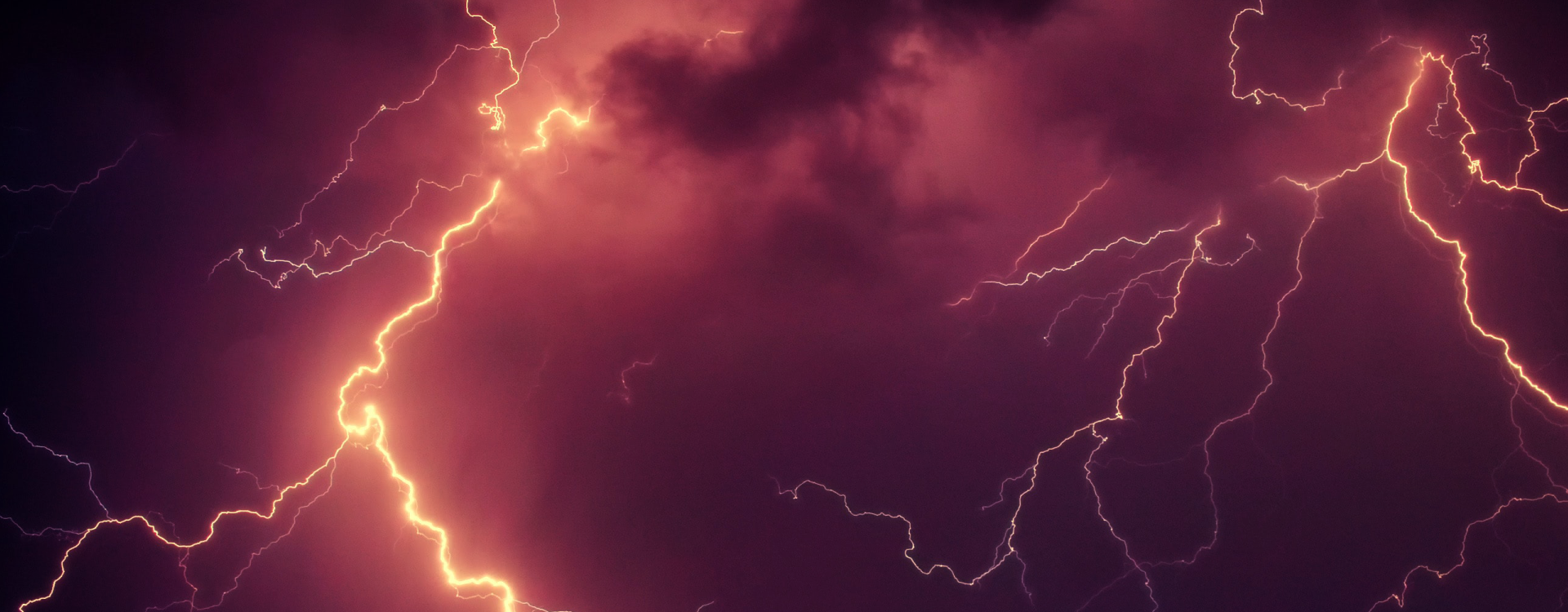Inhibitor
You cast a single spell, necromancer, and you'll writhe on the floor from the lightning in that bracer. Will it be worth it?Inhibitors are a type of restraint designed to stop or punish the use of Magic, typically employed in prisons and jails to prevent magic-fueled jailbreaks and attacks.
Types
Rather than there being a single type of inhibitor that covers all forms of magic, there are three which target different types of magic in different amounts. These are;Blockers
These are the cheapest type of Inhibitor, and are a very broad category that encompasses everything from specially made bracers to a bracelet or necklace. Made predominantly from Iron or an iron alloy, these Inhibitors block so-called Terrestrial Magic, a class of magic which deals with the physical world and the elements. The effectiveness of Blockers varies based on the quantity of iron and the proximity to the skin, but the cheapness of manufacture makes them very desirable and widespread.Standard
The second most common Inhibitor, Standards are what most people are referring to when they talk about Inhibitors. These are made from a combination of Iron and Planar Iron, and additionally have a Magic Catalyst embedded into them. While Iron blocks all Terrestrial Magic, Planar Iron plays a slightly different role. It reacts to the presence of so-called Planar Magic, which deals in the manipulation of metaphysical objects like souls, and which famously includes Necromancy. These vibrations do not prevent the casting of magic, but will activate the embedded catalyst, causing the crystal to cast a spell at the person wearing the Standard. The most common spell embedded in the catalyst is one which causes lightning to shock the wearer.Suppressors
Suppressors are by far the least common Inhibitor, and are the most specialised. Made predominantly from Planar Iron and embedded with Magic Catalysts, Suppressors only react to the presence of Planar Magic. This enables a mage to continue casting Terrestrial spells, such as fireballs and lightning bolts, without any impairment. The reactive properties of planar iron to other magic, and the spells cast by the embedded catalyst, remain the same as in Standard Inhibitors. While these can be made somewhat cheaply using alloys, due to the specialised nature of Suppressors they will typically use pure Planar Iron instead.Manufacture and Form
Some Inhibitors are easier to produce than others, and for these easier ones there is little standardisation, even with a country. On the whole, manufacture of Inhibitors is done by blacksmiths who work on behalf of city guard and national authorities. Some groups such as the Wardens of Strelish manufacture theirs in-house using the funds gathered from their participating states, and will distribute them amongst those states for use by authorities. Due to the simple requirements for each type of Inhibitor, they can take many forms. The cheapest is a tight bracelet that is unlocked with a key or via a specifically tailored spell, but for more dangerous mages a design like a bracer or gauntlet may be used. Spell opening variants are far more expensive, especially in Abravosti countries, due to a lack of people skilled in the type of magic required and the questionable legality of those spells in the first place. Their prominence varies through Thurásin nations, with the south-eastern coasts in particular utilising them frequently.
Item type
Clothing / Accessory
Raw materials & Components
Planar Iron, Iron, and Magic Catalysts
Catalyst Activation
The crystals used in Standard and Suppressor Inhibitors are by far the most complex material used, and getting them to work effectively is a skill acquired with years of work. It is not unheard of for the catalysts in Standard variants to not fire due to not being properly shielded from the iron present throughout the device. Another, and more dangerous, failure in manufacture is for the catalysts to be overloaded with magic. This will cause an excess of magic to be unleashed if a spell is cast by the wearer, potentially resulting in the death of the caster and injury to those around them. As a result, catalysts are often deliberately undercharged so as to cause pain rather than death. Despite this, severe injuries and scarring from Inhibitor activation has happened many times, sometimes to people with the best intentions.
Lightning by Johannes Plenio




Comments